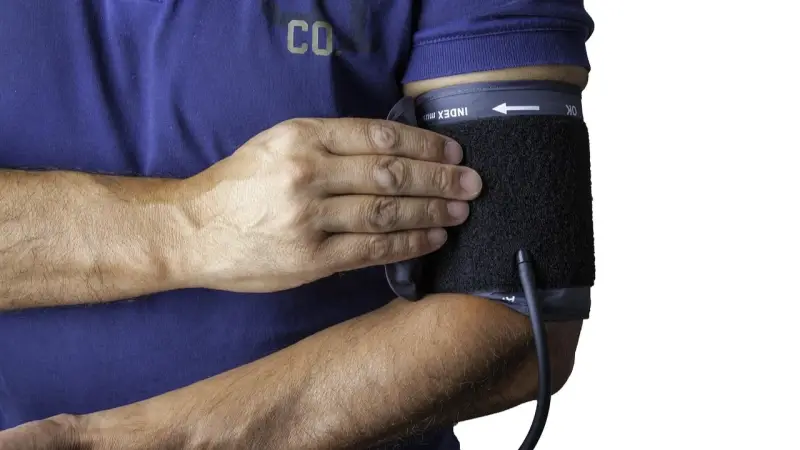
The researchers, including Brazilian “Carlos Monteiro,” who coined the term with his colleagues about 15 years ago, confirm that ultra-processed foods are becoming increasingly prevalent around the world, and are associated with the deterioration of diet quality and the emergence of a number of diseases, from obesity to cancer.
In a media briefing, “Monteiro,” a professor at the University of Sao Paulo, stated: “It’s about the evidence we have today about ultra-processed foods and human health… What we know now justifies global public action.”
Ultra-processed foods are a class of foods or beverages manufactured using processing techniques, additives, and artificial ingredients, and often contain small amounts of whole foods. Examples include soft drinks or instant noodles.
Despite the widespread use of the term ultra-processed foods in the past few years, scientists and food industry workers believe that this term is too simplistic, and that the debate around it is becoming increasingly politicized.
The authors of the research papers in “The Lancet” medical journal acknowledge the criticisms leveled, and emphasize the need for more evidence, especially regarding the reasons and how ultra-processed foods cause health to deteriorate, as well as about the products with different nutritional values within this category. However, they believe that the evidence is strong enough to urge governments to take the necessary measures.
In a systematic review of 104 long-term studies conducted for this series, 92 studies reported greater risks associated with one or more chronic diseases related to dietary patterns associated with ultra-processed foods, and also indicated significant links to twelve health conditions, including type 2 diabetes, obesity, and depression.
(Reuters)

















